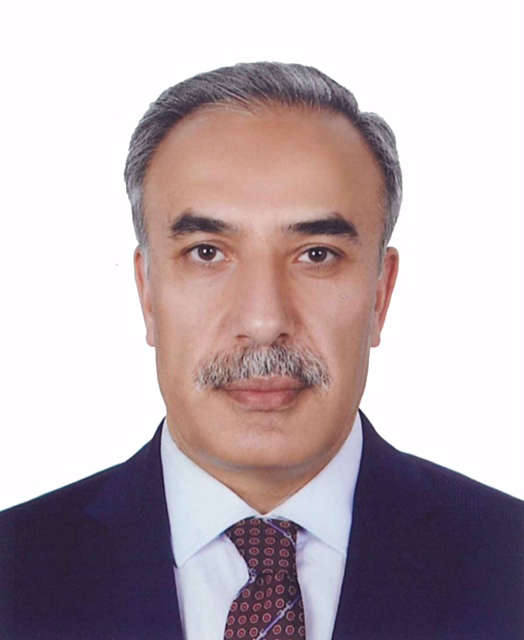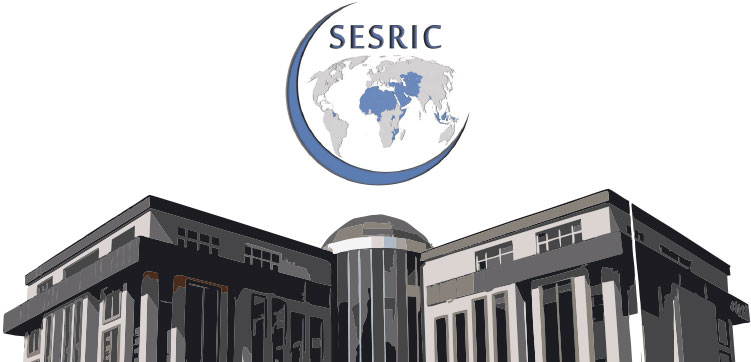The twenty-first century is full of contradictions in many aspects. On the one hand, the technologies we developed have facilitated how we live and do business; on the other hand, these technologies have created new problems we have to solve. While the benefits of these technologies are many, humanity had to sacrifice a lot, including the environment we live in, which may soon be detrimental to our very survival on this planet. The United Nations Conference on the Human Environment in Stockholm in 1972 and the Earth Summit in Rio in 1992 were the first examples to focus on the actions to be taken to alleviate environmental problems and contribute to the development of the Global South. In the year 2000, the endorsement of the United Nations Millennium Declaration put on the shoulders of decision-makers in developing nations the task of achieving the eight international development goals (MDGs) that aimed to improve the well-being and welfare of their countries.
When examining how the member countries of the Organisation of Islamic Cooperation (OIC) performed vis-à-vis the MDGs, we find that their implementation over the last fifteen years has led to significant development progress, especially with regard to policy coherence and technical cooperation across the OIC countries. Based on the latest available information, many OIC countries have achieved the MDG targets on reducing poverty, increasing school enrollment, preventing and controlling the spread of diseases, decreasing avoidable deaths of mothers and children, improving access to technology, and addressing environmental issues. Despite this improvement, MDG achievement in the OIC group remained uneven, and widespread inequalities persist between and within countries. The situation is particularly alarming in low-income and the least-developed member countries that not only missed most of the MDG targets but are still characterized by slow economic growth, limited financial resources, weak institutional capacity, and a fragile peace and security situation. Given the fact that the starting point matters, prospects for achieving the new development targets, especially those on poverty, hunger, health, and illiteracy are bleak for many highly burdened countries, especially when “business as usual” continues.
In 2015, marking another special period in international development history, the United Nations embarked on the Sustainable Development Goals (SDGs). Unlike the MDGs, SDGs are independent of the national development status, and all countries have pledged to achieve the 17 goals and 169 targets by 2030. Such a task will understandably be more complex for economically and technologically disadvantaged OIC countries that faced challenges in achieving the eight MDGs. The implementation of the SDGs will demand proper planning and careful consideration of the multidimensional interactions among the SDG targets. This exercise should undoubtedly involve national, regional, and international stakeholders, and requires pertinent prioritization of the SDGs and targets.
Wide disparities in development status between the member countries of the Organisation of Islamic Cooperation (OIC) require careful prioritization, diligent financial and executive planning, and effective cooperation with international bodies to help them achieve the Sustainable Development Goals.
Against this background, discussions have been taking place in several forums at the OIC level. The Thirty-First Session of the OIC Standing Committee for Economic and Commercial Cooperation (COMCEC) that was held on November 23 to 26, 2015, in Istanbul, Turkey, tasked the Statistical, Economic and Social Research and Training Centre for Islamic Countries (SESRIC) with identifying the priorities assigned by the OIC countries to each of the 17 SDGs.
For that purpose, SESRIC designed and circulated a questionnaire in August 2016.i The questionnaire is composed of two parts: (A) Prioritization of SDGs, Expected Achievement Levels, and Limiting Factors on SDGs; and (B) National Commitment to SDGs, Relevant Agencies and their Human Resource Capacities, Cooperation with International Agencies, and Training Needs and Capacities on SDGs.
As of the beginning of October 2017, 33 OIC countries have responded to the SESRIC questionnaire (10 member countries fully completed the questionnaire, 23 member countries provided partial answers), whereas 23 OIC countries have not yet submitted their completed questionnaires. Considering the number of OIC countries that either provided partial responses or no responses, it can be considered that they are still in the phase of establishing the relevant institutional mechanisms to coordinate SDG implementation, monitoring, and reporting.
Our analysis, based on the responses provided by the respondent countries, revealed the following SDG prioritization.ii
The SDG prioritization table below shows that macro socio-economic issues, such as health, hunger, poverty, and education, are rated as high SDG priorities by the respondents. Other (emerging) development issues, such as climate change, peace, inequality, global partnerships, marine life, and sustainable consumption and production, have relatively lower priority status.
In order to be able to present a more comprehensive picture regarding the SDG prioritization of OIC countries, SESRIC will continue to collect responses and report their analysis to the relevant OIC and international forums.
i To view online, please visit http://www.sesric.org/activities-announcements-detail.php?id=386.
ii Even though the number of respondent countries is 33, some countries opted not to state their priorities for some SDGs. The maximum number of respondents to assign a priority is 23 (for SDG 2), and the minimum number to assign a priority is 18 (for SDG 14). The break-out of the remaining SDGs are as follows: 20 countries assigned priorities to SDGs 1, 5, 7, 8, 9, 10, 16, 17; 21 countries assigned priorities to SDG 4, 6, 11, 12, 13, 15; and 22 countries assigned priorities to SDG 3.




